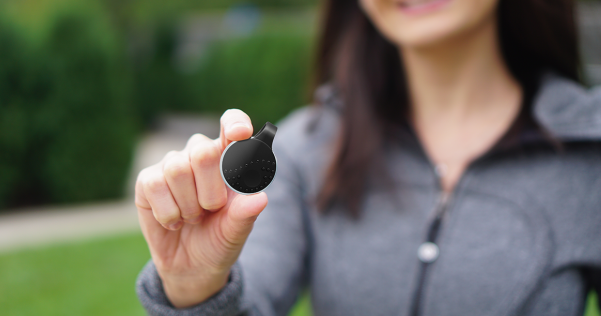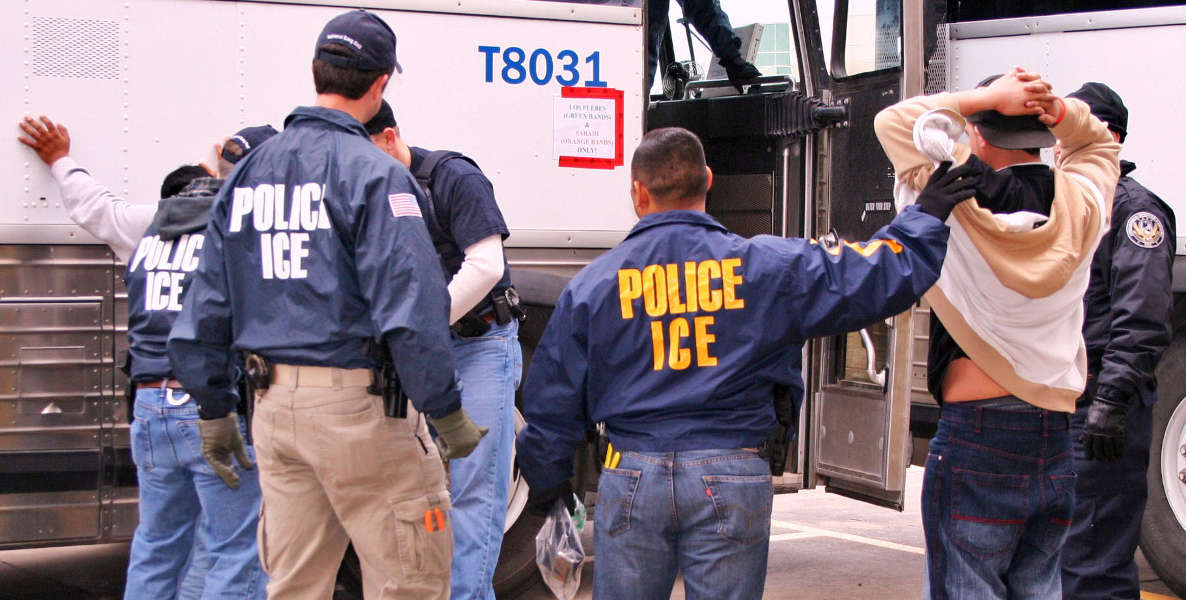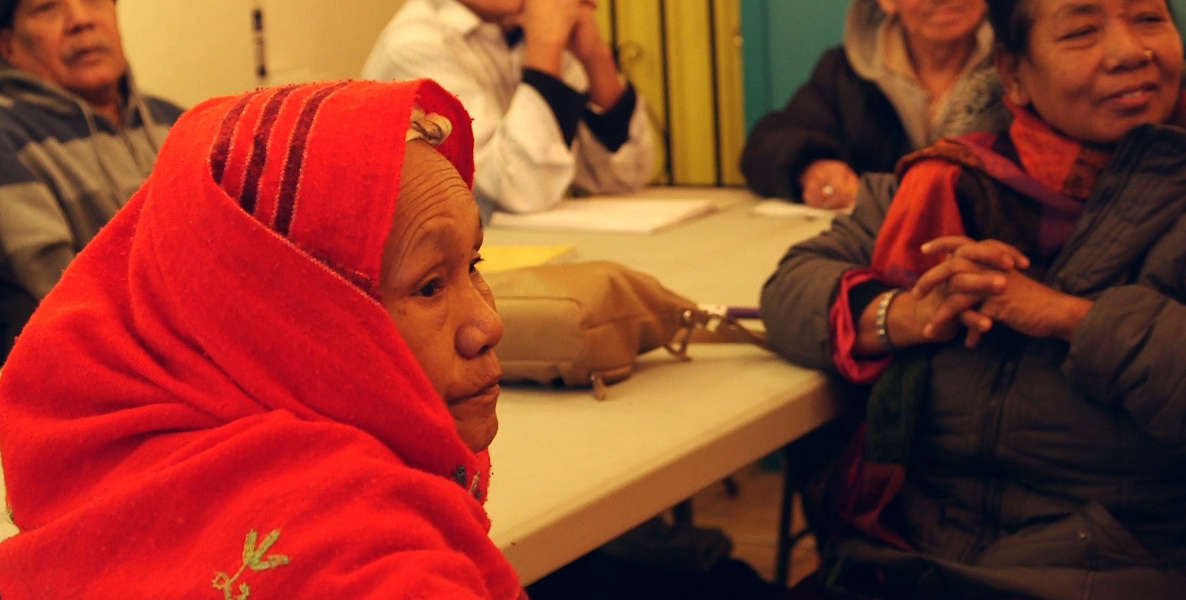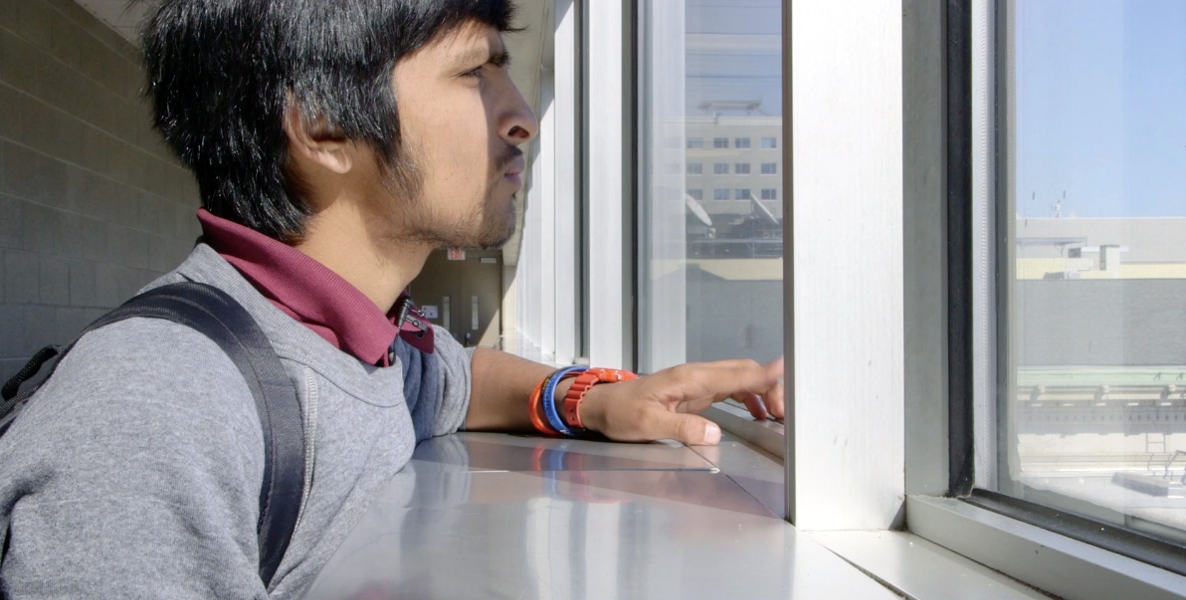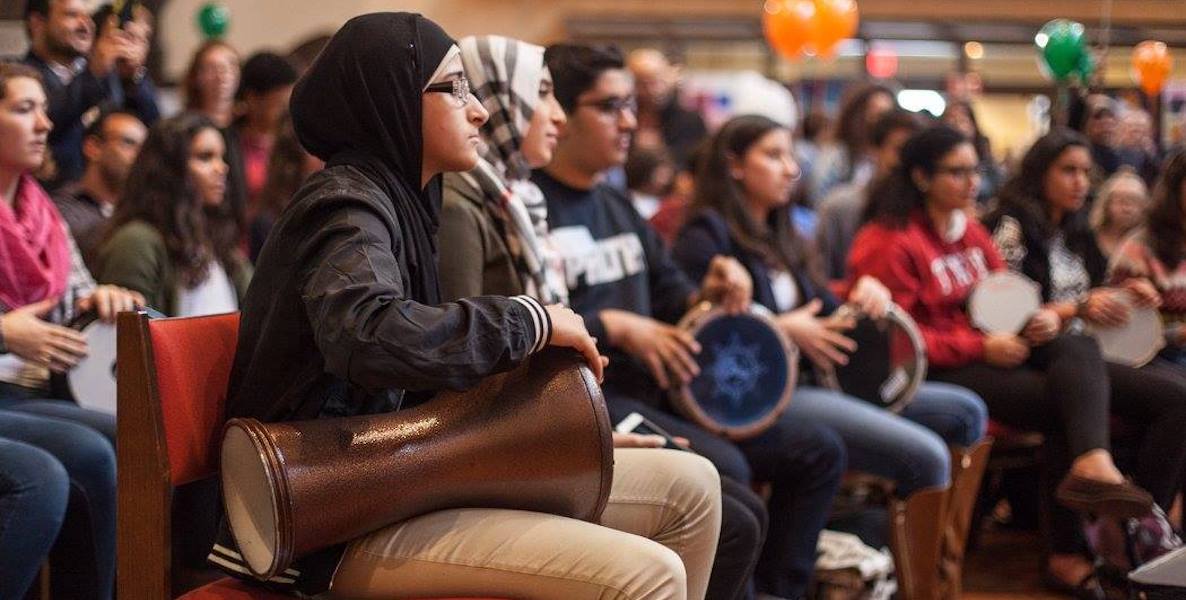My last job was in production and research at FOX News, and I had the unenviable task of putting quotes live, on air, during speeches and press conferences—you know, the bar on the bottom of the screen that reads something like “TRUMP: I KNOW THOSE WOMEN WANTED IT.” It was harrowing and depressing, because it taught me what Trump’s crowds truly responded to. For them, hearing Trump say “Crooked Hillary” was like hearing Led Zeppelin play “Stairway To Heaven” live in concert; likewise with “radical Islamic terrorism.” But most unnerving of all was “The Snake,” an Al Wilson song whose lyrics Trump regularly read at rallies, about a woman who finds a dying snake in the forest, nurses it back to health and is promptly bitten and killed by said snake.
The audience was enraptured, as if they were hearing the Pope deliver a homily. Pin-drop silence but for the man himself and the quick breaths he took in pregnant, dramatic pauses. The audience,10,000 white people in an air conditioned auditorium in Peoria, for example, knew that they were the tender woman, and that refugees were the snake, simply waiting to be resuscitated so that they could fulfill their life’s mission of killing, killing, killing. For a campaign tethered eternally to vulgarity, it was high art. And I’m sure that, for thousands of petrified Americans, it sounded like a prophecy from on high.
They would cheer like mad when the poem ends with the woman dying and asking the snake why it would do such a thing after she showed it such kindness. These are the first lines of the last verse, the crowd pleasers:
“Oh shut up, silly woman,” said the reptile with a grin
“You knew damn well I was a snake before you took me in.”

I’m at Al-Bustan Seeds of Culture’s refugee meet and greet at the Friends Center in Center City on a Sunday. It’s an informal gathering for recent immigrants affiliated with Al-Bustan, an Arab arts and education organization that operates in Philadelphia and has many arms, ranging from professional development programs to arts projects. This meet and greet is the launch for a Pew-funded project by Al-Bustan to artistically interpret the stories of refugees and the internally displaced, and writers are milling about the crowd listening to their tales of exodus and arrival in the U.S. The stories will fold into a music, art and poetry series about the experiences of refugees, both foreign-born and local.
Most in the crowd are from Syria and Iraq, and very little English is being spoken, as the event is only open to immigrants and one or two press folks. There’s food—a lot of it—and coffee and music. There are little ones everywhere, sidling through the crowd and in and out of the main meeting room, where the event is being held. They’re particularly thrilled by a little station that the organizers have put together that allows the kids to be photographed holding up a letter of the Arabic alphabet while expressing themselves and playing with toys; an organizer takes the pictures and prints them on a little Epson printer, and the kids are beside themselves when they see it.
Two kids catch my eye. They’re playing that bottle game that has so entranced everyone between the ages of 10 and 18, the one where you drink half of the water in a plastic bottle and try to flip it in the air so that it lands standing up; my baby brother does it all the time, uncontrollably. These two are Adnan and Abdullah. They fled their home city of Daraa, Syria, two years ago, and spent time in Jordan and the United Arab Emirates before ending up in Philadelphia, and they really like it here. Daraa, they say, is no longer safe, and while their family is mostly located in Jordan now, they have a grandfather who remains in Syria.
Al-Bustan’s mission is not only to create a community for refugees, but to show the world who they are. They are Adnan and Abdullah, who play soccer, and Hafez Kotain, who leads the kids in a little drum circle at the end of the event; they’re the kids who run around the Friends Center, and the moms and dads who drink coffee and sing along with folk songs.
Daraa is actually the epicenter of the Syrian Civil War. The violence started, you may recall, when the Assad regime responded with extreme force to protests around the country in 2011; government forces killed as many as 220 protesters and executed army defectors in Daraa in March and April of that year, at the height of the protests. It has since been a flashpoint in the conflict there, and has been controlled for a considerable amount of time by the opposition and assailed by opportunistic Islamic militant forces, including the al-Nusra Front. Adnan and Abdullah have likely seen and heard things that most of us never will, but only narrowly mention the discord when they talk about their hometown. Here they are in the Friends Center in Philadelphia, playing flip-the-bottle and getting cookies from the impressive potluck that Al-Bustan has put together.
“I like it here because of the weather, and I really like school and my friends there,” says Abdullah, “I really like it here because it’s safe; there’s a park next to my house, and I like to play there.” Abdullah and Adnan both play soccer, and Adnan makes it very clear that Abdullah balls far harder than he does, and has even played with the Philadelphia Union’s U16 squad.
Abdullah and Adnan, 14 and 15 respectively, are both polite, and pay more attention to my questions than a lot of grownup interviewees. They’re just kids doing kid stuff. But a lot of people would have you think it’s more likely than not that these two are potential religious fanatics than regular goofy teens who can acclimate happily into American society; after all, most of the criticism around the influx of refugees into Europe revolves around the presence of teenaged and young adult males. Trump himself said that all Syrian refugees are “young, strong men,” hinting at their potential to do something nasty, and the foolishness of showing these young men any succor. Adnan and Abdullah, in the eyes of a lot of people who have been tricked into swallowing a dangerous narrative, are not goofy, athletic, happy-go-lucky school kids who have escaped hell.
They’re the snake.

It’s impressive how quickly we forget our own history. There’s a lot of Scots-Irish in my blood— and, therefore, a whole lot of Catholic—and I often can’t help but think of how very much like Adnan and Abdullah I would be if my family had arrived in America in, say, 1860. I’d be targeted for my heritage, considered a racial less-than, my people constantly caricatured as dangerous and easily-controlled monkeys. I’d be the first drafted in war and the last considered for anything but menial labor. Like the people escaping a tragic political and religious quagmire in Iraq and Syria, I would be viewed simply as an economic burden. Like those people, I would be told that, because of my religion, I couldn’t possibly obey the Constitution and laws of this country—Catholics because the Pope is the head of our religion, Muslims because the Quran demands submission to it. The Irish were only folded into whiteness as a matter of convenience; it was easier for the powers that be to allow us in and keep us at arm’s length than it was to legislate against us and allow us to uniformly become part of the anti-conservative swath of subjected peoples. And the anti-Catholicism of it all has never gone away: 1928 Democratic presidential nominee Al Smith, the happy warrior, was cast by his opponents as a papist infiltrator—a la a Muslim brotherhood secret coven member—and suffered because of it; JFK got the same treatment. Hell, even post-conservative supervillain and White House chief strategist Steve Bannon has repeatedly assailed Catholic moralism.
Catholics, who as recently as 90 years ago, would have been the snake in Trump’s turn as spoken word artist, voted for Trump over Clinton, 52 percent to 47 percent. We have been integrated, and the misery of our continental history has been forgotten; political convenience aside, we interfaced enough with other Americans for them to learn that the stereotypes attributed to us were only allotted by our oppressors. Over time, we evolved from snakes into humans. And so we have forgotten that as we fled war and famine and sectarian insanity over hundreds of years, we were treated like dirt, distrusted and told that our misery was only a smokescreen to help us infiltrate and destroy this country. We were pretty much what Muslims are now, here.
Yes, it would be stupid and dishonest to pretend that there is no major extremism problem in the Muslim community, and to dress down those who fear extremist attacks is unfair. There is a contingent of Muslims, nations even, who want to see the destruction of America and the west—as we learned on 9/11, and several times since. And as FBI Director James Comey testified to Congress, “I can’t sit here and offer anybody an absolute assurance that there’s no risk associated with” allowing Syrian immigrants into the country. But there is also ample evidence that immigrants in general are less prone to violent crime than their American-born counterparts. And there is historical shame in judging a people by their lowest common denominators and stereotypes.

Toward the end of Al-Bustan’s meet and greet, things heat up. Musician and former refugee Hafez Kotain plays the tambourine and leads the crowd in a series of folksongs, which most of the men in the crowd sing to; after a few minutes of music, a couple of folks in the crowd start dancing. It’s a merry scene—fitting the season—and Hazami Sayed, executive director of Al-Bustan seems to be thrilled with how it all turned out. This was, after all, a joint effort; American Friends Service Committee; Germantown Friends School’s Human Rights Club, Penn Arab Student Society (PASS); Greenfield Intercultural Center; Pan-Asian American Community House (PAACH); and the Nationalities Service Center all pitched in.
Al-Bustan was started in 2002 as a way for Sayed’s children and other children of Middle Eastern descent to explore their heritage and learn Arabic. It started modestly, as a part time project for Sayed, but has grown steadily since 2002. “We now have programs in schools, in the community and at the University of Pennsylvania. We do concert series, we have a presenting arm, an ensemble and two education arms, as well as a summer camp,” Sayed says.
We have forgotten that as we fled war and famine and sectarian insanity over hundreds of years, we were treated like dirt, distrusted and told that our misery was only a smokescreen to help us infiltrate and destroy this country. We were pretty much what Muslims are now, here.
Al-Bustan’s new art project is called (Dis)placed: Explorations in Poetry, Art, and Music Composition, drawing from the work of Syrian composer and Pew fellow Kinan Abou-afach; Lebanese poet Nazem El Sayed; Syrian artist Buthayna Ali; and Tunisian artist eL Seed. Throughout the year, the artists will hold readings, exhibits, performances and discussions about the experience of being displaced. Sayed says that the works will also include Philadelphia refugees, those displaced by gentrification.

Get More From Every Story
We include boxes in nearly every story to help you take action. Click the boxes below to see how you can make Philly better.
Al-Bustan’s mission is not only to create a community for refugees, but to show the world what problems they face—from unemployment to institutional bias to simple homesickness—and who they are. They are Adnan and Abdullah, who play soccer, and Hafez Kotain, who leads the kids in a little drum circle at the end of the event; they’re the kids who run around the Friends Center, and the moms and dads who drink coffee and sing along with folk songs. They’re the modern reflection of what many of us were at one time. Italian terrorists. Irish mongrels. English and French cultists. All were people, and all were labeled the snake.
Sayed says that Al-Bustan wants to have another meet and greet around March, open to the public this time. I advise you to check it out, and to meet the people you once were.
Photos taken at Al-Bustan Seeds of Culture's Open House "Ahlan" event, Oct 2016, at Trinity Center for Urban Life. Images by Chip Colson


